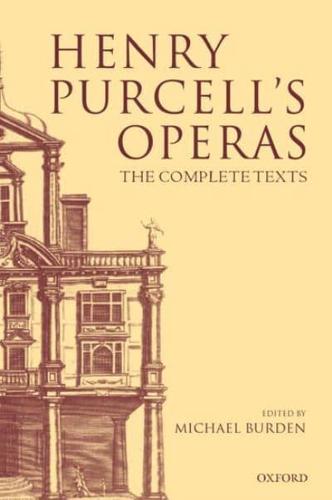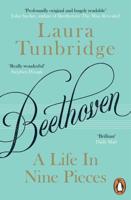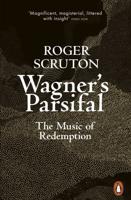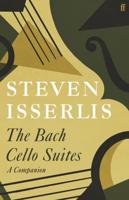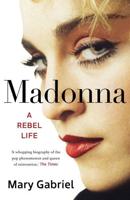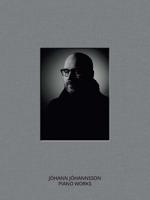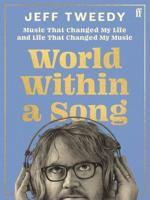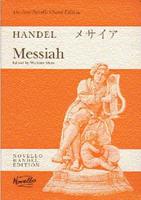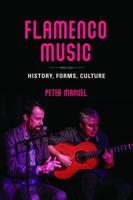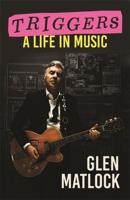Publisher's Synopsis
While understanding the concept of all-sung opera, seventeenth-century English impresarios and their audiences also understood opera to mean spoken plays with a large amount of added music. The works have been given a variety of descriptive titles including `semi-operas', `ambigues', `multi-media spectaculars', and, most appropriately, `dramatick operas'. As well as four big dramatick operas, Henry Purcell also wrote a small all-sung masque, Dido and Aeneas, which is one of the few works of the century which fulfils a modern ideal of `opera'. The music of Purcell's operas has long been studied in detail, but it is only in recent years--and not by all scholars--that the operas have been taken seriously as dramatic entities. Consideration of the pieces have been hampered by the lack of availability of the texts of the operas, for while the music has long been edited and played, the sections of spoken dialogue have been almost entirely ignored. This volume, the first complete collection of the texts, redresses the balance. It presents to the reader the complete entertainment as prepared by the author on each occasion. Included are editions of both the 1689 libretto of Dido and Aeneas and its later incarnation as a series of masques in Shakespeare's Measure for Measure, together with the playtext, the original published texts of Dioclesian, King Arthur, and The Fairy-Queen, and a transcription of the manuscript of The Indian Queen. An appendix to the volume shows the song texts as actually set by Purcell.


